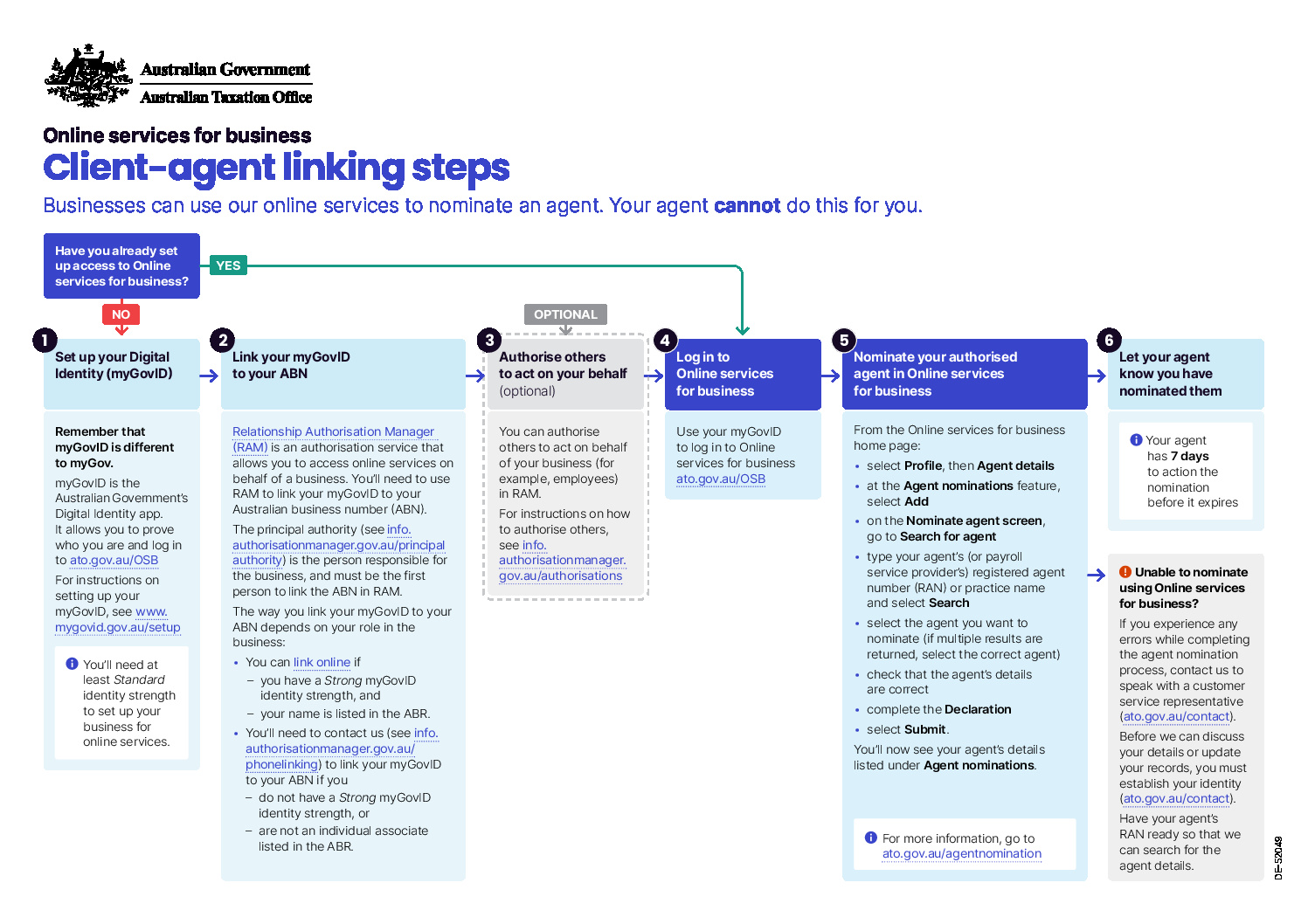Before turning the ripe age of 30, I had never appreciated the importance of having a “good” accountant. Up until then it was just about “get me a good refund”. I never respected the extensive years of study involved and the importance of their role in our daily lives.
Don’t get me wrong, I’m not putting everyone in this category but I know personally, my friends and I never spoke a word about accounting except for the once a year call: “I got my refund back – lets party”.
How naive we were.
Nowadays, we are buying houses, we are investing, we are looking at share markets, we are starting small businesses and we are literally planning for our family’s future.
Turns out that building a relationship with your accountant is imperative for your business to grow and be successful. The right person can save you time and money.
Below are my tips for things to consider when choosing an accountant:
Location – are you willing to travel or collaborate electronically through email or by phone?
Competitively priced – find out up front what the fees will be. Ask for a quote.
Software – Do they use modern, up to date accounting programs? Will you need cloud-based accounting? Don’t be put off straight away by technology as it can save you money by making things more efficient.
Do your research Ask friends for referrals. Everyone loves a good Google search.
What qualifications do they have? Check what qualifications and certifications your accountant has. Greater experience and knowledge can mean extra value is added to your business as opposed to a ‘backyard job’. Be cautious of super cheap backyard jobs as they can cause you bigger headaches in the long run.
The accountant you choose should be capable and accountable for meeting your business and/or personal needs. If you choose the wrong accountant, the chances of missing out on important information could turn out very costly for yourself or your business.
Remember, this is a long-term relationship that you are getting into. If you and your accountant don’t get along or don’t see eye to eye, the fallout could be disastrous and impact negatively on your business.
Be prepared. I already mentioned the extensive study that accountants undertake, however, I’m almost certain ‘mindreading’ wasn’t one of the subjects studied in their university degree. Ask for checklists so that you can supply all relative information on time.
Don’t push this to the side; it’s not as daunting as you think– knowing exactly what position your business is in will then create more opportunities for you and your accountant to better your business position and open up innovative avenues for the business to go down.
In this case growing up isn’t so bad!













